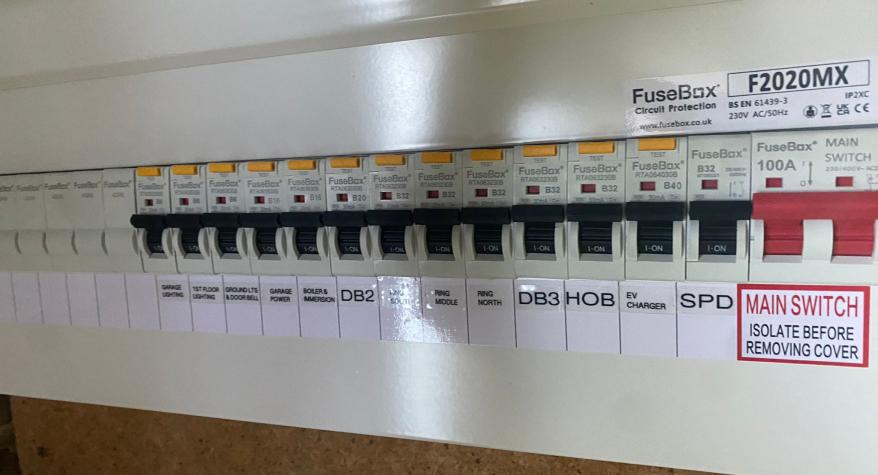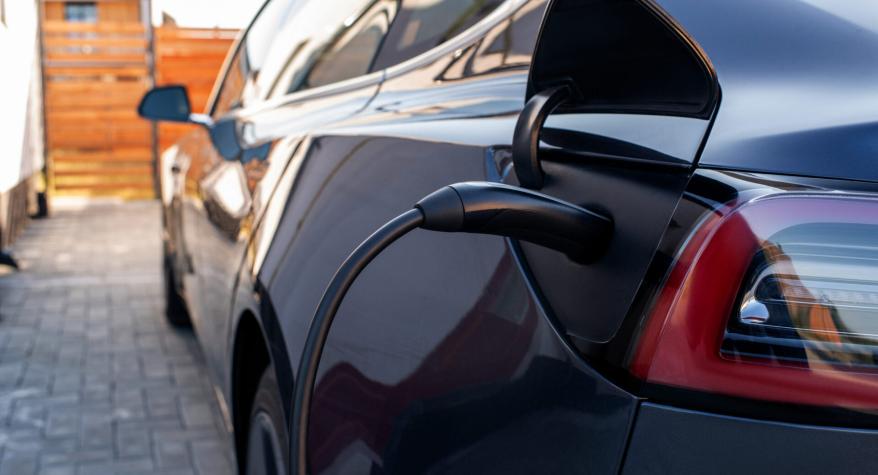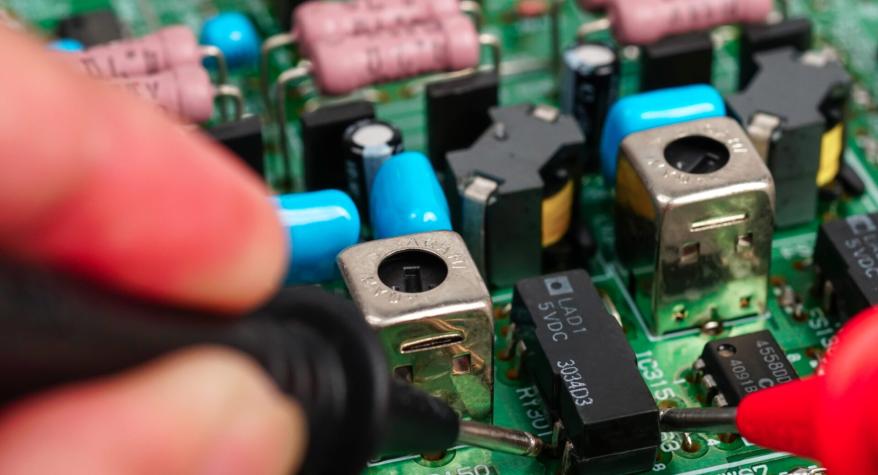Why Your Fuse Box is More Important Than You Think (And How It Keeps You Safe!)
In this blog post I will discuss the importance of your fuse box (consumer unit) and its purpose.
The importance of your fuse box - PBA Electrical & Renewables Aylesford
When it comes to home safety, we often think about fire alarms, carbon monoxide detectors, or even locking up our doors. But one thing that often gets overlooked is the humble fuse box—that unsung hero of your home’s electrical system. You might
not give it much thought, but your fuse box plays a crucial role in protecting your home and family from electrical hazards. As electricians in Aylesford, we often visit homes that have sub-standard fuse boxes and have vast experience in upgrading
them to make your home safe.
Let’s dive into why your fuse box is so important and how it keeps you safe.
What is a Fuse Box?
In simple terms, your fuse box (or consumer unit) is the central hub for your home’s electrical system. It’s where the electricity enters your house from the main supply, and it’s responsible for distributing it safely to all the different circuits in your home.
Think of it like the control centre for your home’s power!
Older homes might still have traditional fuse boxes, but most modern homes have a consumer unit fitted with circuit breakers or residual current devices (RCDs). These devices automatically shut off the power if something goes wrong, like a short circuit or a surge of electricity, preventing fires and electrical shocks.
Why Fuse Boxes Are So Important for Your Aylesford Home’s Safety
Your fuse box doesn’t just keep the lights on. It’s a crucial safety feature, and here’s how:
- Prevents Electrical Fires: If an electrical fault occurs—like a short circuit or an overloaded circuit—your fuse box will trip, cutting off the power before things escalate into a fire.
- Protects Against Electric Shocks: RCDs, which are commonly found in modern fuse boxes, quickly detect faults like water getting into an electrical socket or a damaged wire. If the system detects a problem, it’ll cut the power instantly, reducing the risk of a potentially fatal electric shock.
- Prevents Overloading: Your fuse box makes sure that circuits aren’t overloaded by balancing the amount of electricity flowing through your home. It’s like the safety valve of your home’s electrical system, ensuring everything stays in check.
How to Know When Your Fuse Box Needs Attention
So, how do you know if your fuse box is doing its job—or if it’s time for an upgrade?
Here are some key signs that your fuse box might need attention:
- Frequent Tripping: If your fuse box trips regularly, it could be a sign that something’s not right, whether it’s an overload, a fault, or an ageing component that needs replacing.
- Old-Fashioned Fuse Board: Older homes might still have a fuse box with the old-fashioned fuse wire system, which is far less reliable than modern circuit breakers or RCDs.
- Lack of RCDs: RCDs are now a requirement for all circuits in new homes, and if your fuse box doesn’t have them, it could be time to consider an upgrade. RCDs protect against electrocution by cutting off the power if there’s an electrical fault.
- Burn Marks or Odd Smells: If you notice burn marks around your fuse box or smell anything unusual, it’s important to call an electrician immediately—this could indicate a serious electrical fault.
UK Regulations and Safety Standards
In the UK, the 18th Edition of the IET Wiring Regulations (also known as the BS 7671 regulations) sets out safety standards for electrical installations in homes. These regulations are in place to ensure that your home is as safe as possible from electrical risks, and they cover everything from the installation of new circuits to the maintenance of your fuse box.
If you’re renovating or upgrading your electrical system, it’s important that any new work complies with these regulations. This includes ensuring that your fuse box has RCD protection for all circuits and is up to the required standard for safety.
When to Call an Electrician
While regular maintenance can help keep your fuse box in good shape, some tasks are best left to a professional. If you're experiencing any issues with your fuse box or if you're unsure whether it meets current safety standards, it’s time to call in a
qualified electrician in Aylesford like PBA Electrical & Renewables.
Not only will we be able to identify any faults or potential hazards, but we will also ensure that your fuse box is installed and functioning according to the latest safety regulations. A professional can also carry out an electrical inspection to ensure everything is in tip-top shape.
Conclusion: A Fuse Box You Can Rely On
Your fuse box might not be the most glamorous part of your home, but it’s one of the most important when it comes to safety. By keeping it in good condition and making sure it meets the latest safety regulations, you’ll have peace of mind knowing your
home is protected from electrical hazards.
If you’re unsure about the condition of your fuse box, it’s always worth getting a professional opinion from PBA Electrical & Renewables Ltd! Contact us today.



















